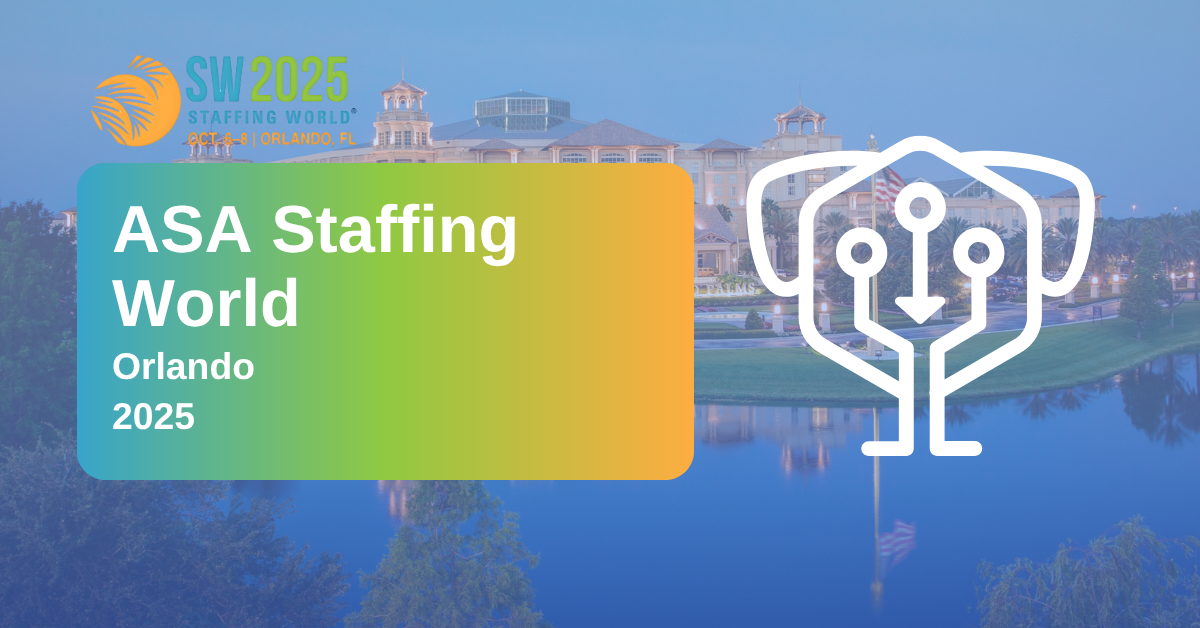Flipping the Script on Hiring: AI’s Role in Crafting Equitable Teams
Think about the last time you applied for a job. Did you worry about how your name or college might influence your chances? Now imagine a hiring process where those factors disappear into the background. This isn’t a fantasy — it’s the real potential of AI in recruitment, transforming the traditional playbook into something genuinely inclusive.

Think about the last time you applied for a job. Did you worry about how your name or college might influence your chances? Now imagine a hiring process where those factors disappear into the background. This isn’t a fantasy — it’s the real potential of AI in recruitment, transforming the traditional playbook into something genuinely inclusive.
Think about the last time you applied for a job. Did you worry about how your name or college might influence your chances? Now imagine a hiring process where those factors disappear into the background. This isn’t a fantasy — it’s the real potential of AI in recruitment, transforming the traditional playbook into something genuinely inclusive.
The Journey Toward Impartiality
Hiring has long been a human-centric process, filled with nuances and subtleties. Yet every human reviewer brings a backpack of biases, often unintentionally. Enter AI, the new player in the game, stripping away layers of bias to focus on what really matters: skills, abilities, and the potential to grow.
AI: The Unseen Game Changer
Instead of labouring over resumes, imagine AI systems that scan for specific competencies and potential matches based on role requirements – not the applicant’s ZIP code or the prestige of their university. These systems don’t get tired or swayed by personal feelings. They work tirelessly to ensure that every applicant’s skills get the spotlight they deserve.
- Automated Fairness in Screening: AI doesn’t care if you went to an Ivy League school or a state college – it looks at your skills, parsing through data points with a neutrality that human screeners might struggle to match.
- Blind Auditions for the Corporate Stage: Much like musicians perform behind screens in some orchestral auditions, AI facilitates a much similar “blind audition” for job applicants. It evaluates the ‘music’ you make – AKA your professional capabilities – without seeing who’s ‘playing the instrument’. (Cheesy, I know).
- Refining Job Descriptions: AI isn’t just for evaluating candidates; it’s also retooling how companies reach out to potential applicants. By analyzing job descriptions and suggesting language that’s universally appealing, AI ensures that advertisements speak to a diverse audience, not just a select few.
Navigating the Pitfalls
It’s not all smooth sailing, though. AI systems are built by humans and can actually inherit human flaws. The solution? Regular audits and updates to AI algorithms ensure they remain unbiased and effective, reflecting our highest ideals rather than our historical shortcomings.
A Human Touch Powered by AI
Despite AI’s growing role, recruitment remains inherently human. AI isn’t replacing human intuition; it’s enhancing it, clearing the way for recruiters to engage more meaningfully with candidates, knowing the preliminary sorting has been impartially handled.
A New Chapter in Hiring
This approach is more than just a technological upgrade – it’s a cultural shift towards fairness and inclusion. By integrating AI in recruitment, we’re not just filling jobs. We’re inviting a rich tapestry of talent into our organizations, fostering environments where diverse perspectives thrive.
In this narrative of hiring reimagined, AI is not merely a tool but a partner in our quest to uncover and uplift the best talent, and free from the shadows of bias. As we continue to navigate this new terrain, it’s clear that AI in recruitment isn’t just beneficial – it’s revolutionary, paving the way for a future where everyone gets a fair chance to shine.
Yes, when it comes to interviews, we utilize an active proctoring layer, an AI-classifier, and more to detect cheating. We provide a trust score that indicates the likelihood of cheating.
Candidates are appreciating the ability to go beyond their resume and interview in a more interactive/adaptive manner compared to one way video interview software. We also have an average candidate satisfaction score of 4.6/5 - which highlights HeyMilo's conversational AI.
Questions can be configured with an objective evaluation criteria - so candidates are evaluated the way your recruiting team currently evaluates candidates.We additionally run 3rd party bias audit checks so with HeyMilo, you're leveraging ethical AI.





.webp)
.png)


